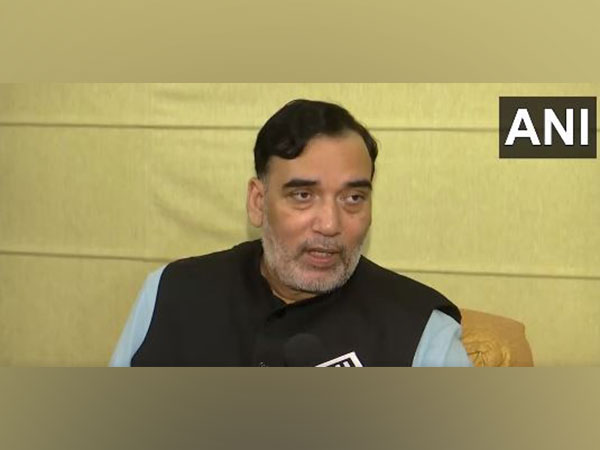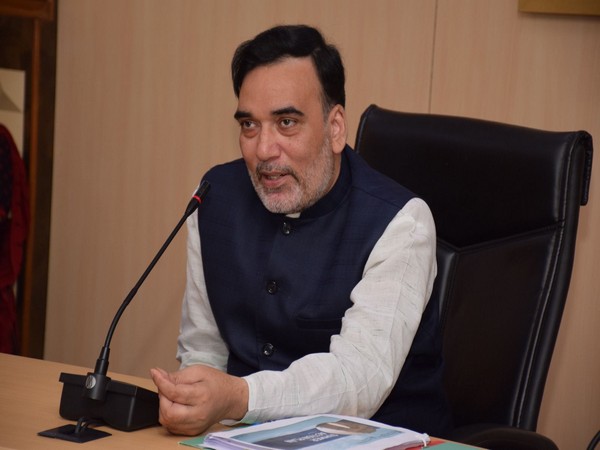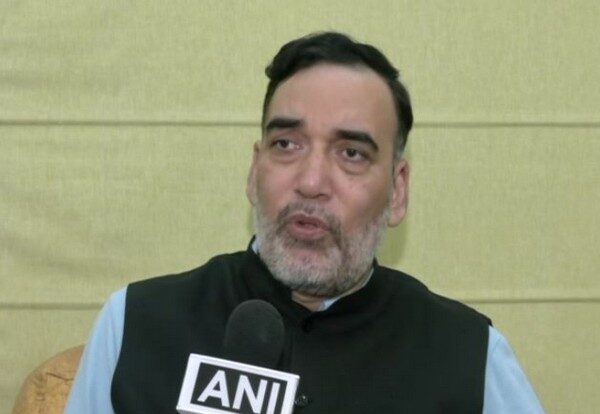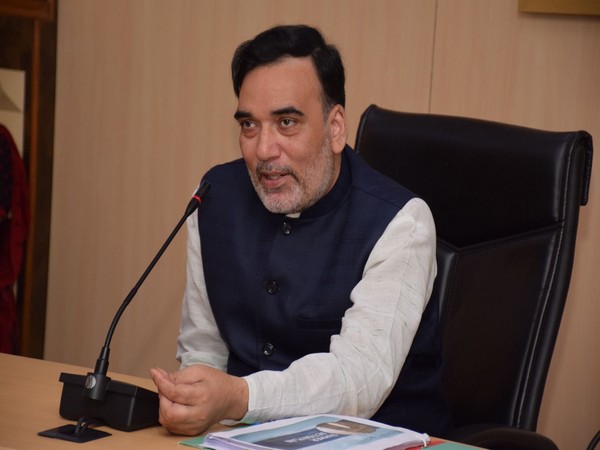As a layer of haze continued to cover the national capital on Friday, and the air quality was recorded in the ‘severe’ category in several parts of the city, Delhi Environment Minister Gopal Rai has sought Central Government’s intervention to curb the pollution.
Speaking to ANI, Rai said that the issue of pollution persists not only in Delhi but the entire north India and cannot be resolved only if the national capital becomes active.
“This situation is persisting in all of north India. Besides Delhi, Haryana is showing severe category air quality in 12 districts…There are 14 such locations in Rajasthan…There are several districts in western Uttar Pradesh where there is a similar situation,” he said on Friday.
He further requested Union Environment Minister Bhupendra Yadav to hold a meeting with environment ministers of states to address the issue of air pollution.
“In Delhi, we formed a special team yesterday for the strict implementation of GRAP regulations…I think this is a problem for the entire north India. It can’t be resolved if only Delhi becomes active. I think it is time for the Central Government to intervene. I also request the Union Environment Minister to conduct a meeting of Environment Ministers…” Rai added.
Earlier on Thursday, Rai said that a 6-member special task force has been formed, under the leadership of the Environment Special Secretary for proper implementation and monitoring of GRAP rules.
“The task force includes the Special Commissioner of Transport, DCP (HQ) Traffic Police, Deputy Commissioner, Revenue (HQ), Chief Engineers of MCD and PWD. The main work of this task force will be to coordinate daily with the concerned departments and remove the problems faced by them and give the implementation report to the government,” he said after a review meeting at the Delhi Secretariat with the concerned officers to ensure strict compliance with GRAP-IV rules in the city.
The city was engulfed in a thick layer of smog on the night of Diwali and the toxic haze continued the next day following the bursting of firecrackers, despite the Supreme Court order.
However, as per the Central Pollution Control Board (CPCB) data recorded at 8 am on Friday, the air quality in RK Puram was recorded at 461, it was at 454 at New Moti Bagh, 465 at the IGI Airport area and 475 at Nehru Nagar, all in the severe category.
Nine out of 11 state capitals analysed in India recorded higher pollution in the first 12 hours after Diwali celebrations this year as compared to last year. The government’s National Clean Air Programme (NCAP) tracker analysed PM 2.5 (fine particulate matter) data for 11 capital cities.
The highest spike (recorded at 15-minute intervals) was seen in the national capital Delhi. It was 999.5 ug/m3 at Pusa on November 13 at 1:30 am. (ANI)
For more details visit us: https://lokmarg.com/



